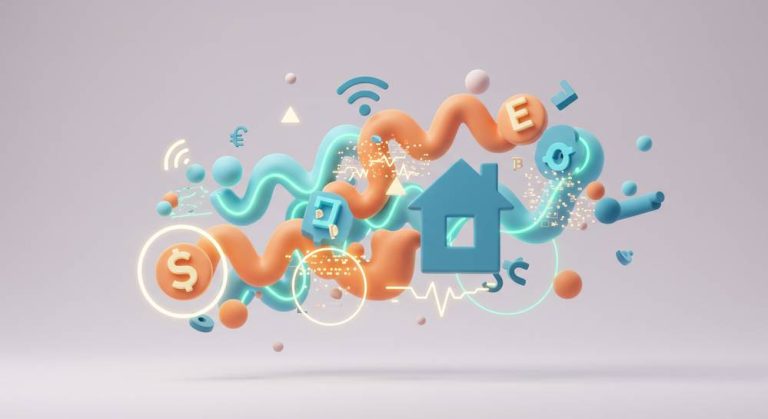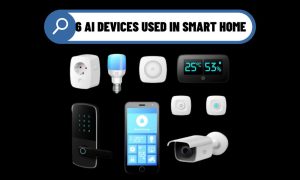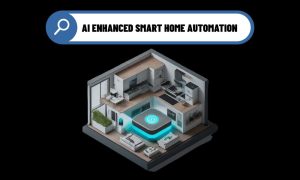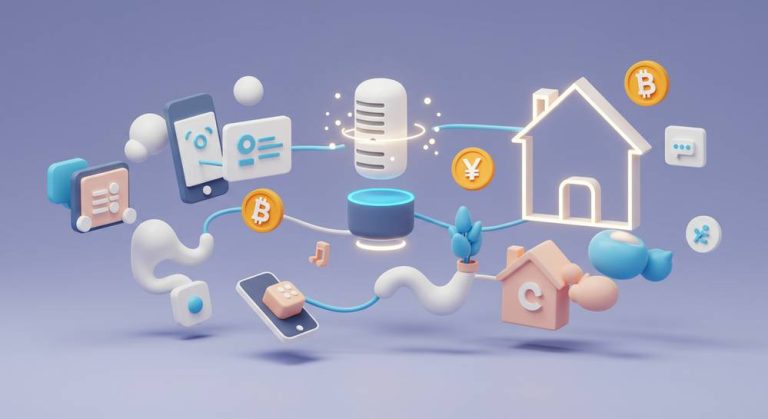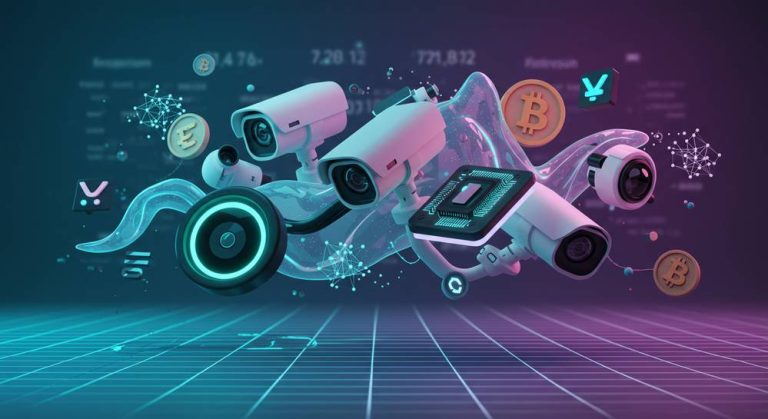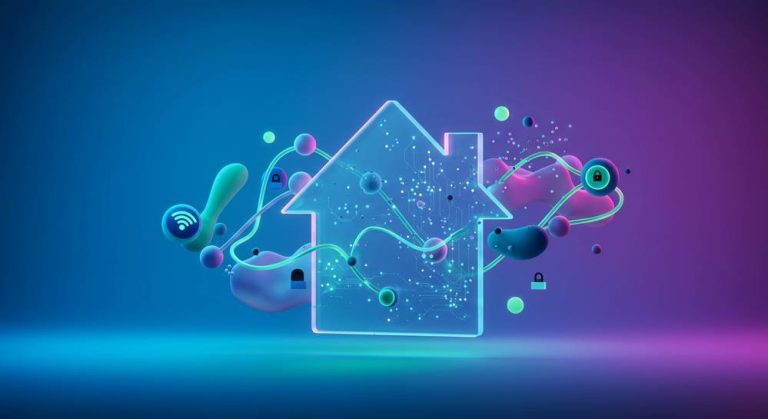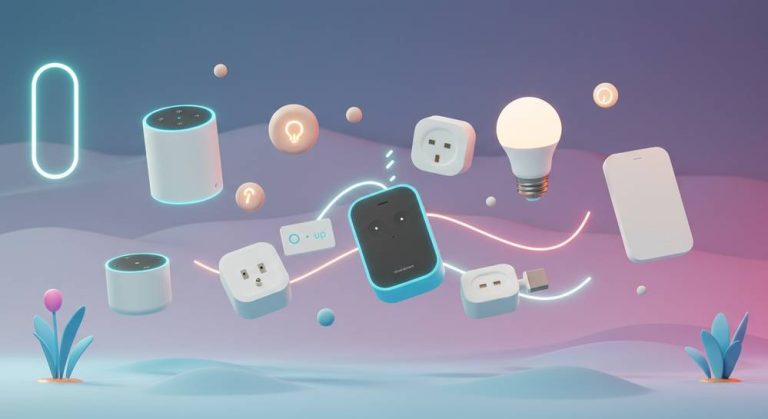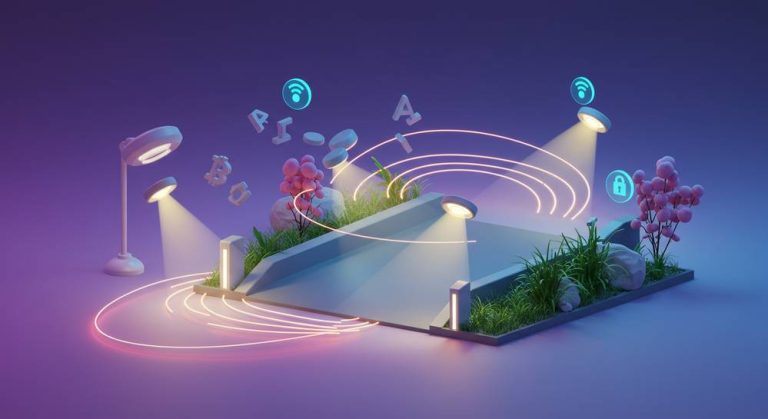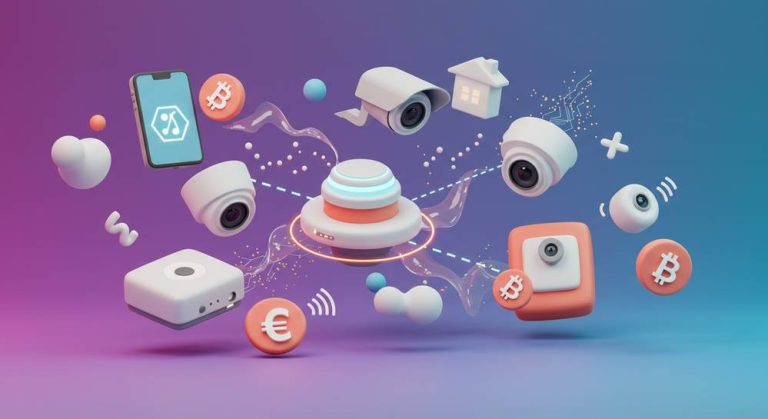As the digital world becomes increasingly interconnected, the boundaries between artificial intelligence, blockchain, and real-world applications continue to blur. While decentralization is often discussed in financial or governance contexts, its true impact becomes clearer when seen through the lens of intelligent systems – 7 smart technologies that are quietly transforming how we live, work, and interact.
These technologies don’t just respond to human input; they anticipate, adapt, and evolve. For communities already aligned with Web3 values—autonomy, transparency, and system-level trust—smart tech offers a physical reflection of the decentralized digital world being built on-chain.
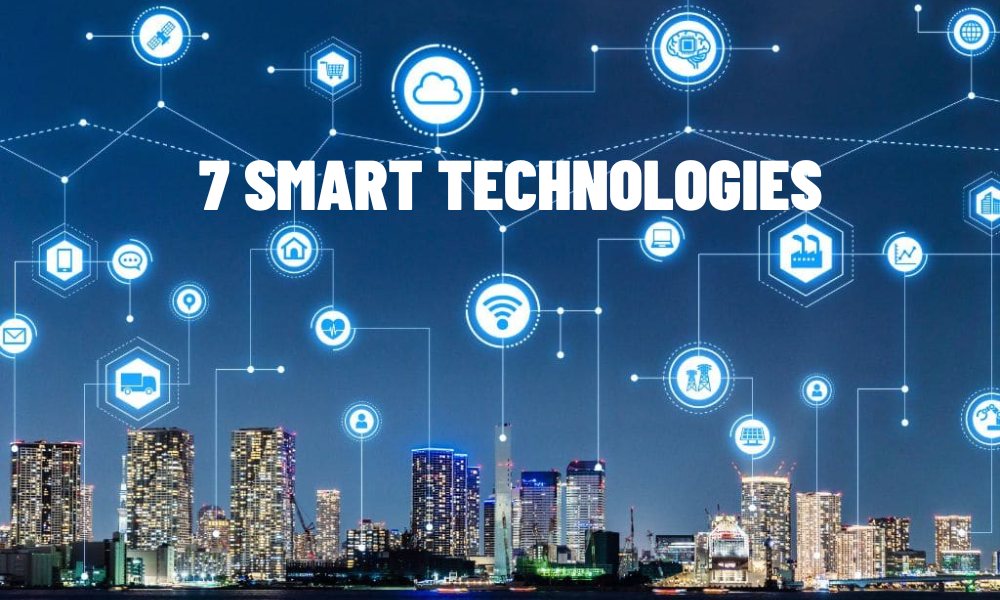
7 Smart Technologies
The Emergence of Cognitive Environments
Unlike traditional automation, today’s smart environments are designed to learn from their users. Smart lighting that adjusts based on time and activity, or AI-powered assistants that curate your schedule, are no longer futuristic concepts—they’re becoming standard features of connected living.
These responsive systems mirror the algorithmic logic of smart contracts: acting only when specific, user-defined conditions are met. The convergence is clear—our physical and digital lives are increasingly governed by self-executing protocols.
Decentralized Cities Begin with Smart Infrastructure
Urban planning is undergoing a paradigm shift. Traffic lights that communicate in real time, buildings that optimize energy consumption, and AI surveillance systems that prioritize safety without human oversight—this is not just innovation; it’s the groundwork for decentralized coordination.
Several blockchain projects are now experimenting with tokenized incentives for citizens who contribute data or engage in city-level DAO governance. The 7 smart technologies at play in these contexts are not separate from Web3—they’re becoming part of its physical footprint.
The Rise of Intelligent Energy Networks
At the heart of every smart city lies an equally smart energy system. These modern grids use machine learning to predict usage patterns, balance loads, and reduce waste. Some regions are exploring peer-to-peer energy trading powered by blockchain, where surplus power from solar panels can be sold seamlessly across neighborhoods.
For crypto users invested in sustainability, this is a strong use case where on-chain verification meets off-chain efficiency. It’s a practical demonstration of how smart tech and decentralized finance can solve real-world problems together.
Autonomous Machines with Economic Agency
Self-driving vehicles and drones aren’t just about transport—they represent nodes in a machine-to-machine economy. Through a combination of AI and blockchain, these devices can transact, verify, and even negotiate autonomously.
Imagine a delivery drone that pays for airspace access using tokens, or a robotaxi that receives micro-payments based on ride length and quality. These machines rely on several of the 7 smart technologies to operate without human intervention, unlocking a new dimension of digital-native economics.
Edge AI and Smart Devices in the Home
From biometric door locks to predictive climate control, homes are becoming testing grounds for AI deployment at the edge. Here, privacy becomes a core concern—and blockchain-based identity or encrypted data storage is emerging as a safeguard.
Rather than sending all data to the cloud, smart homes can soon rely on decentralized processing models, enhancing both speed and privacy. This shift brings the philosophy of Web3—data ownership and trust minimization—into physical environments we live in every day.
Intelligent Health Monitoring and Data Sovereignty
Health tech is no longer just wearable—it’s contextual. AI-powered devices now monitor sleep cycles, detect anomalies, and even provide early warnings for chronic conditions. But as these systems gather increasingly sensitive data, the need for secure, user-controlled storage becomes critical.
Blockchain plays a complementary role here. Several projects already enable users to own their health records as NFTs or encrypted assets. When combined with AI diagnostics, this smart-health paradigm empowers individuals while maintaining privacy.
Finance Beyond the Interface: Embedded Intelligence
The future of finance is being built on adaptive systems. AI is already being used to detect fraud, assess credit risk, and manage assets. When integrated with decentralized protocols, these systems begin to act on-chain—making financial decisions without centralized gatekeepers.
This layer of intelligent automation, one of the key 7 smart technologies, paves the way for self-regulating DAOs, algorithmic insurance, and composable asset management. In short, it brings programmability to finance in ways legacy systems could never achieve.
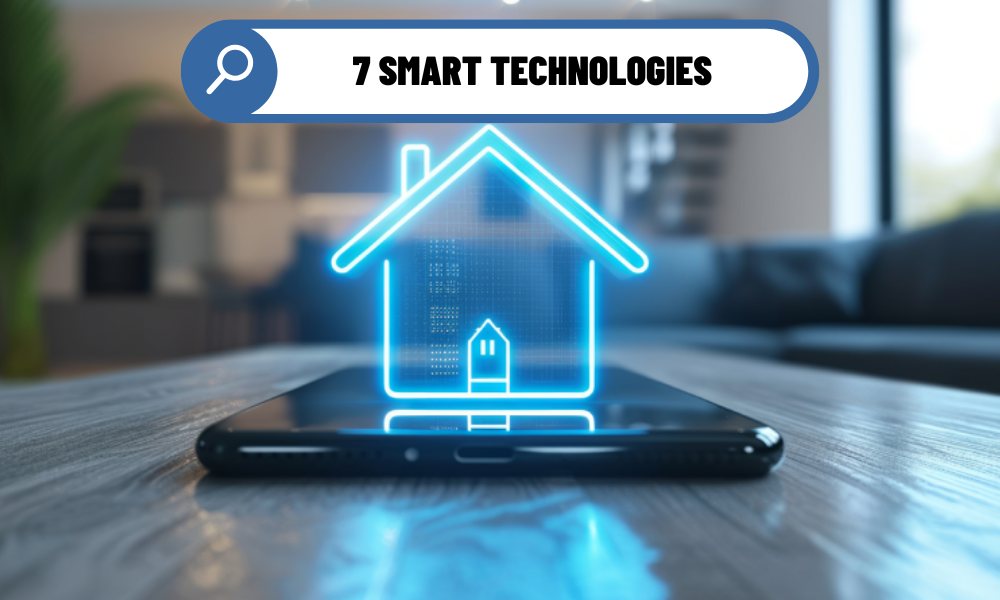
Smart Tech and Decentralization Are on a Collision Course
The digital frontier isn’t confined to code. It’s being manifested in smart devices, infrastructure, and autonomous systems that mirror the values of the blockchain world. These 7 smart technologies are not just supporting decentralization—they’re accelerating it.
For those building in crypto, ignoring these trends means missing out on the broader technological movement redefining modern life. The future isn’t just decentralized. It’s smart, self-aware, and interoperable—on-chain and off.
